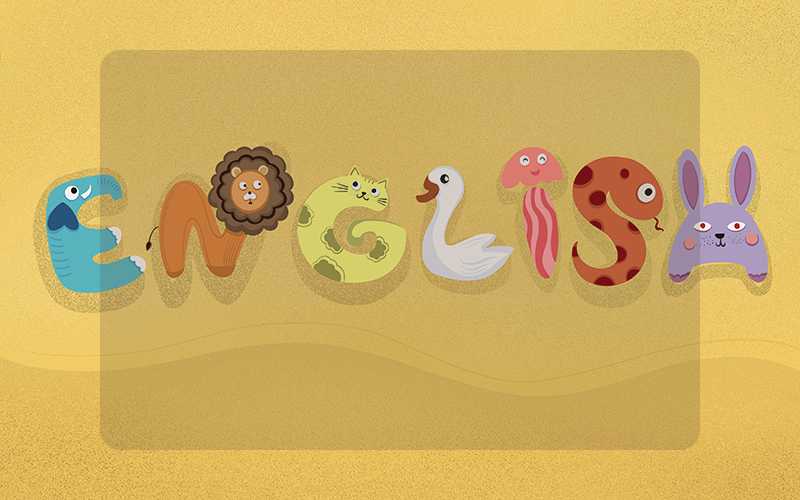Introduction
Naivete refers to the quality of being innocent or inexperienced. It is often associated with youth, as children and teenagers tend to lack the life experience necessary to navigate complex situations. However, even adults can exhibit signs of naivete, particularly when facing unfamiliar challenges or making important decisions. In this article, we will explore the concept of naivete and its impact on individuals and society as a whole.
The Many Faces of Naivete
Naivete can manifest itself in a variety of ways. At its core, it stems from a lack of knowledge or experience in a particular area. For example, someone who has never traveled abroad may be naive about the customs and norms of other cultures. Similarly, a person who has never held a job may be naively optimistic about the challenges they will face in the workplace.
Naivete can also stem from a lack of context or perspective. Someone who has grown up in a privileged environment may be naive about the struggles faced by those who live in poverty. Similarly, a person who has never experienced discrimination may be naive about the pervasive impact of systemic bias.
The Dangers of Naivete
While naivete may seem harmless or even endearing, it can have serious consequences. Naive individuals may be more susceptible to scams or exploitative situations, as they may not have the experience or knowledge necessary to identify potential risks. They may also be more vulnerable to peer pressure or manipulation, as they may lack the critical thinking skills necessary to analyze complex social dynamics.
On a larger scale, naivete can contribute to societal problems such as racism, sexism, and other forms of discrimination. When individuals lack the perspective necessary to understand the experiences of marginalized groups, they may make judgments or decisions that perpetuate inequality. This can lead to a cycle of ignorance and oppression that is difficult to break.
Overcoming Naivete
Fortunately, naivete is not a permanent condition. Individuals can take steps to overcome their inexperience and develop a more nuanced understanding of the world. This may involve seeking out new experiences, such as travel or volunteer work, that expose them to different people and cultures. It may also involve reading books, watching documentaries, or otherwise educating themselves on topics they are unfamiliar with.
In addition, individuals can seek out mentors or role models who have more experience in areas where they feel naive. This can provide valuable guidance and support that can help them navigate challenging situations with greater confidence and competence.
Conclusion
Naivete may be seen as a charming or endearing quality in some contexts, but it can have serious consequences when individuals lack the knowledge and experience necessary to navigate complex situations. By seeking out new experiences, educating themselves, and seeking guidance from mentors, individuals can overcome their inexperience and develop a more nuanced understanding of the world. This can ultimately lead to greater empathy, resilience, and success in all areas of life.










































